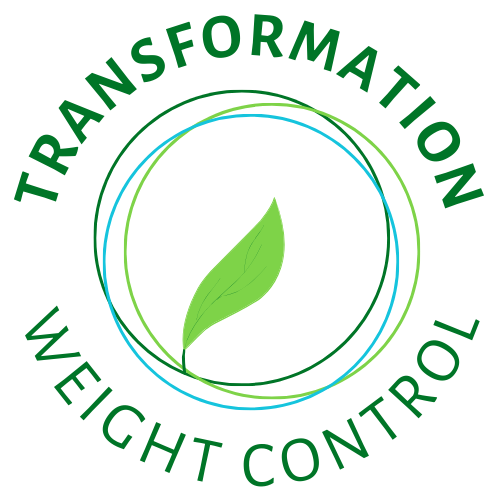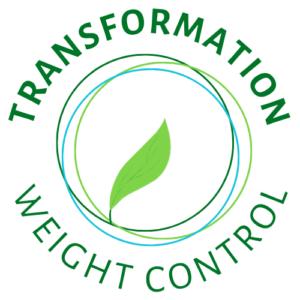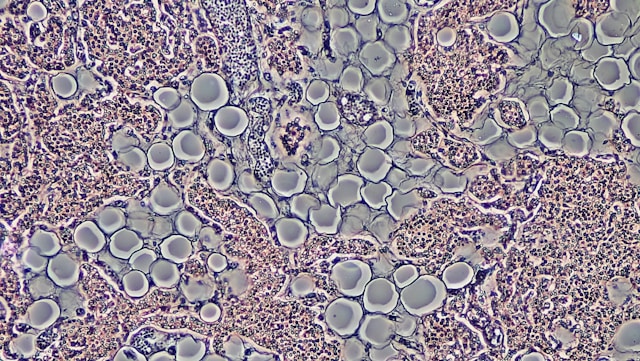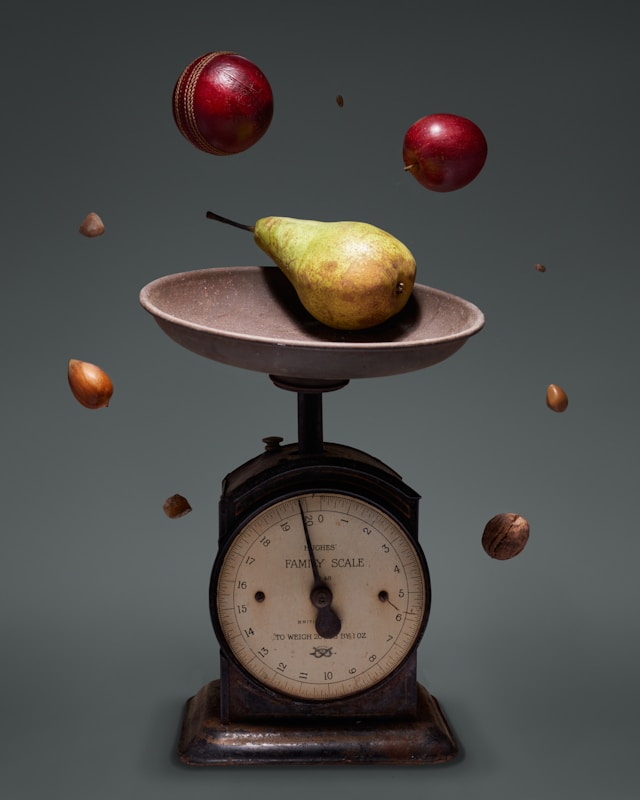By Molly Wansgaard, MS, RDN, LD, NSCA-CPT, CHWC
Registered dietitian nutritionist, certified personal trainer, certified group exercise instructor, and certified health and wellness coach
Transformation Weight Control
The downfall of the American diet, and much of the diets around the world, can be summed up in one word – ultra-processed.
Before I explain, it’s important to understand what unprocessed and processed mean. Unprocessed foods are whole foods. These are foods like fruits and vegetables that get to our mouths without much modification.
How Much Processing Is Done To Food That We Eat?
Almost all of the foods we eat have undergone some processing. For example, cashew nuts must be harvested, dried, shelled, heated and packaged before getting to the grocery store. Processed doesn’t mean unhealthy! A lot of wholesome foods, like nuts, milk, tomato sauce and whole-grain pasta, are minimally processed. Foods are processed for a number of reasons, such as to decrease prep time, to extend shelf-life, to increase food safety, to decrease food waste, and for convenience.
What About Our Health?
Processed foods are more problematic for our health when they have added salt, sugar or fat. This common practice can be seen in MANY foods including canned fruits in syrup, frozen vegetables with added sauce, bread, cheeses, and canned fish for example.
The issue for our health grows when foods are ultra-processed. These foods typically contain some of the following:
- added ingredients of oils, fats, sugars and salt;
- food substances of rare culinary use (e.g., high-fructose corn syrup, hydrogenated oils, modified starches);
- cosmetic additives (e.g., emulsifiers, colors, artificial sweeteners, flavor enhancers).
What About Ultra-processed Food?
Ultra-processed foods undergo processes with extreme techniques of physical or chemical transformation that impact the matrix-structure of the food. These processes can also strip wholesomeness, such as fiber and nutrients, from the original food source. Ultra-processed foods are typically ready-to-eat with minimal preparation. Examples include sugary drinks, packaged snacks, cookies, ice cream, instant soups, breakfast cereals, and processed meats. In addition to the lower nutrient content of these foods and added unhealthy ingredients, they are highly palatable and more appealing. They taste good and entice us to want more! This is bad news for our heart health, blood sugars and waistlines.

The Impact of Ultra-processed Food Consumption
A number of studies have shown that increased ultra-processed food consumption negatively impacts the nutritional quality of diets in children, teens and adults. A greater intake of ultra-processed foods is associated with eating more carbohydrates, added sugar, and saturated fat and less protein, fiber, vitamins, and minerals. Body weight is also impacted. Higher ultra-processed food intake is significantly associated with a higher risk of weight gain and obesity as a result of greater consumption of carbs, added sugar, saturated fat, and of course, more calories.
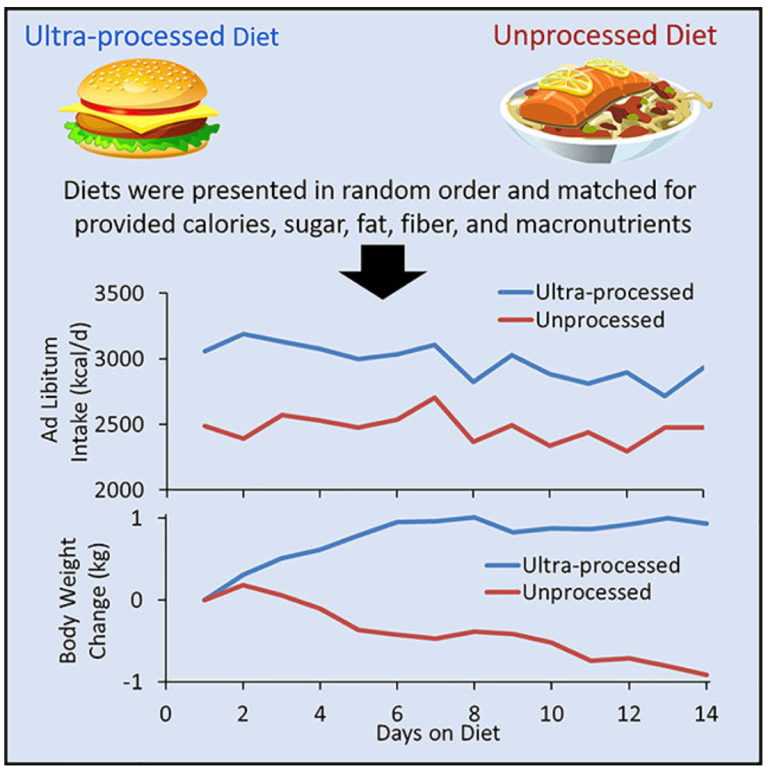
The Research
The majority of research on ultra-processed foods and diet quality and body weight are from cross-sectional and observational studies. While the correlation is strong, the cause-and-effect relationship cannot be implied definitively. A recent interventional, randomized controlled trial (KD Hall, et al. Cell Metab. 2019;30:67-77) investigated the effect of consuming ultra-processed vs. unprocessed foods on food intake and body weight. Twenty adults resided in a clinical research center for 28 days with all food being given to them. They were randomly assigned an ultra-processed diet or unprocessed diet for two weeks and then ate the other diet the second two weeks. The study participants were instructed to eat as much (*ad libitum) or as little as desired. This graphic represents key findings from the study:
*Ad Libitum in the top graph means to eat as much as you want. The upper graph shows the average calorie intake.
Summary Of the Results
The participants ate ~500 calories more on the ultra-processed diet than on the unprocessed diet, and their body weight responded accordingly. Participants gained weight during the ultra-processed diet weeks and lost weight during the unprocessed diet weeks.
What to do?
Avoiding all ultra-processed food is not realistic due to cost, convenience, and the broad availability of them. However, decreasing and limiting consumption of ultra-processed foods may be an effective strategy for weight loss and preventing weight gain. Here are some approaches to try:
- Think before you eat. Choose MORE unprocessed/minimally processed foods and LESS highly processed foods.
- Make swaps. Examples: carrots in place of chips, whole-grain bread instead of white, frozen fruit bar over ice cream.
- Limit variety and temptation. Don’t buy the foods that tempt you the most. Keep just one type of chip, cereal, or sweet at home at a time.
- Read food labels. Look at the amount of saturated/trans fat, sodium, and sugar. Check out the ingredient list; is it a mile long?
- Pay attention to your hunger, fullness and satisfaction signals. You may notice an apple and string cheese satisfies for hours whereas Cheetos® leave you wanting more.
- Prioritize protein and produce. Make it a habit to have a lean protein source and vegetables (or fruit) with every meal.
- Don’t fret about processed foods like canned beans, canned tomatoes, and other vegetables and fruits. These are still whole foods and rich in nutrients.
Final Comment
Take it one step at a time. You don’t need to make these changes all at once. Progress, not perfection! Let your body accommodate to the new dietary changes. It may be hard work at times, but the hard will be worth the effort, and in the long run, you, your health, well-being, and your body weight, will be well-served!
© 2025 Molly Wansgaard, MS, RDN, LD, NSCA-CPT, CHWC, All Rights Reserved
